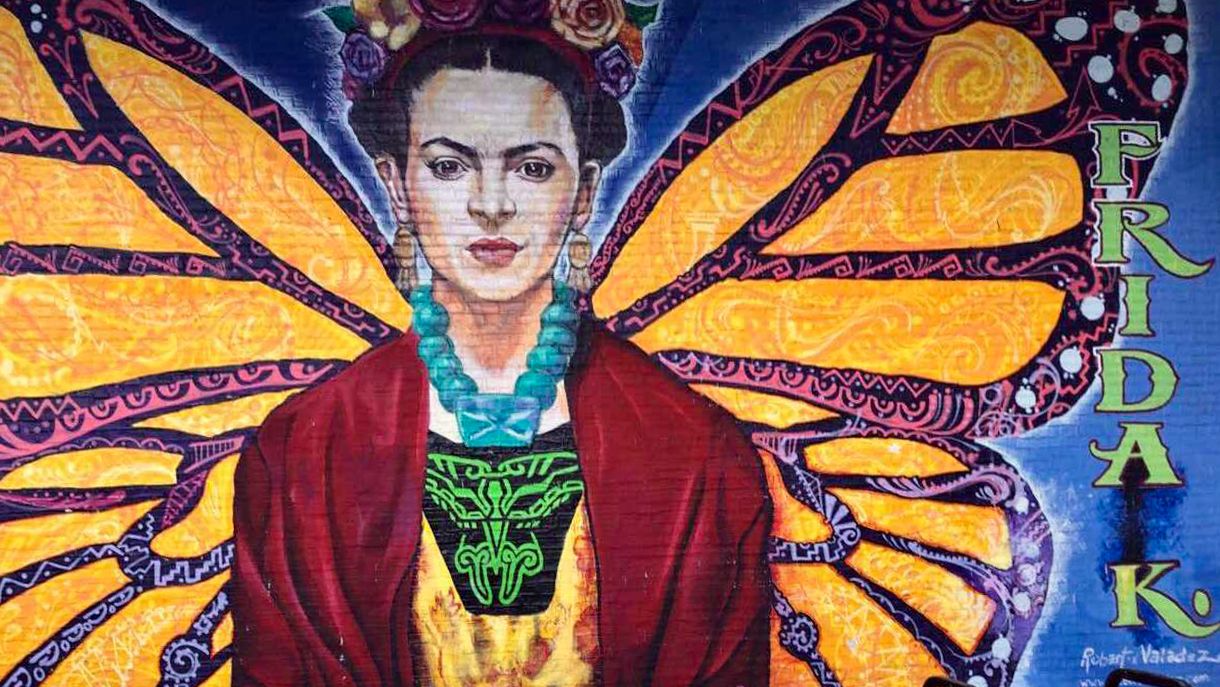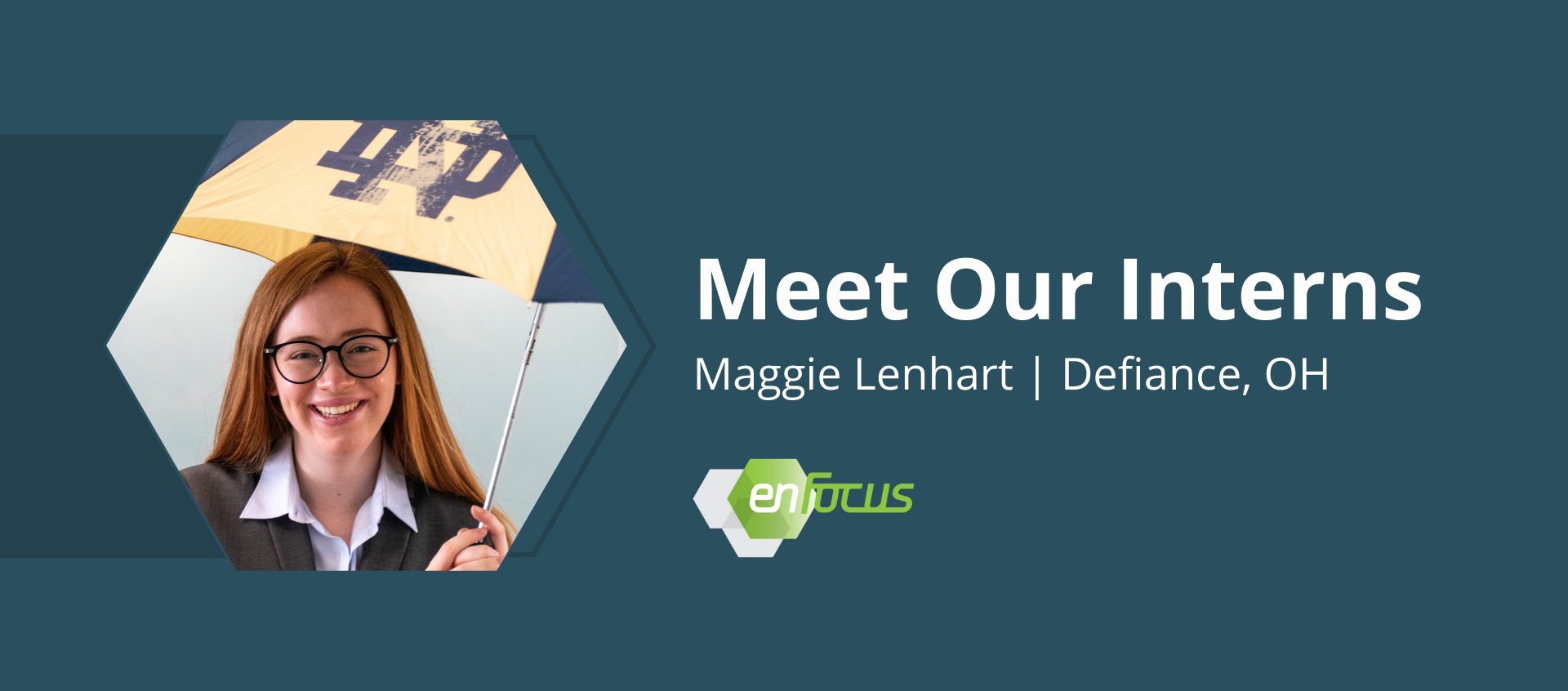Meet Our Interns Blog Series: Maggie Lenhart
A hazy afternoon in Chicago’s Pilsen neighborhood stood idly as rain droplets grazed the cheek of César Chávez and framed the veil of la Virgen de Guadalupe. As the heavy clouds sought relief in a storm, my fellow Notre Dame students and I entered Pilsen Alliance, a grassroots organization combating gentrification in this vibrant Latinx community. Inside, we were welcomed by posters, maps, and workspaces that spoke silently of passion for people and place, of social injustices, of cultural identity.

One poster boasted words that I would carry with me long after I left the Alliance. Quoting Aboriginal activist Lilla Watson, it read, “If you have come to help me, you are wasting your time. But if you have come because your liberation is tied up with mine, then let us work together.”
Through this quote, Watson implicitly illustrates the concept of solidarity: an ideal that moves us from simile to metaphor—from ‘your liberation is like mine’ to ‘your liberation is mine.’
In my sociology coursework, I was taught that solidarity, in theory, is a strategy for overcoming the collective action problem, an issue that has barred much upward social mobility; through my work with Notre Dame International and the University’s Center for Social Concerns, I have seen how solidarity, in practice, is essential to any self-sustaining address of deeply-rooted inequities.
As an aspiring public health practitioner, I might find myself working in any of a host of fields—academia, social entrepreneurship, policy, etc., as public health is inherently multidisciplinary, warranting strong cross-sectoral partnerships. Unlike many other fields, however, the key component of an effective public health intervention is not the product delivered. The key component lies in the ways marginalized communities are empowered by the initiative—in the ways they become partners in development, rather than recipients of intervention.
This is what drew me to enFocus. Simply put, it practices solidarity. Its staff live in and advocate for the same communities they support through their projects. Its model seeks not to out-compete local businesses but, rather, to build their capacities. It enters into long-term engagements with sponsors, accompanying them through the celebrations and challenges of project implementation.
I look forward to working—and celebrating—with you all this summer.
Learn more about the 2021 enFocus Summer Interns weekly in our Meet Our Interns Blog Series.
